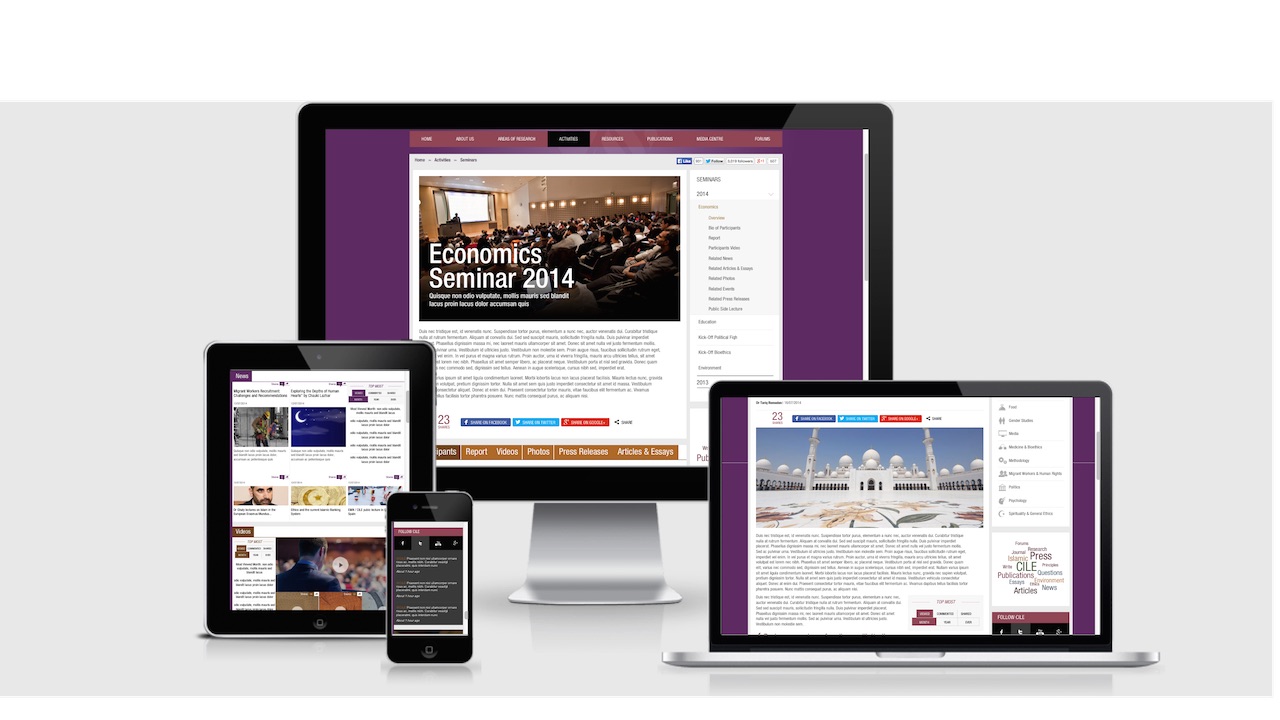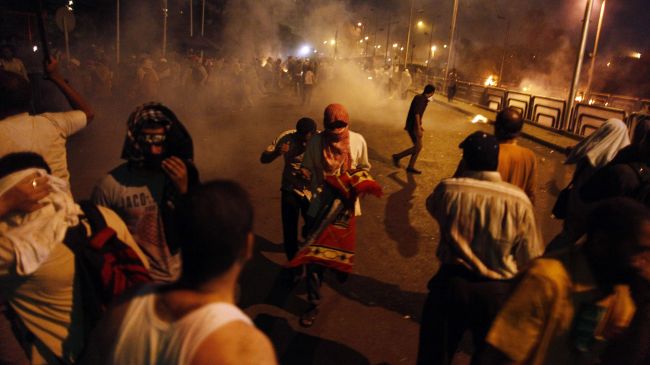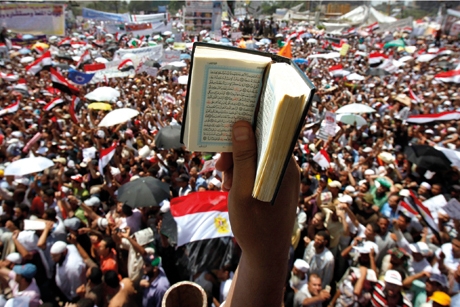Muslims today are facing two fundamental problems: the first directly related to the founding texts themselves; the second, to differences in interpretation shaped by the societies in which they live. For Muslims, the Qur’an is the word of God; yet it is a word revealed over a period of 23 years in a specific socio-historical context. Several Qur’anic verses can be interpreted only in the light of that context. A literal, ahistorical reading has the effect of making the text rigid, and in turn of preventing us from grasping the objectives of Revelation. Only by carrying on the task of reinterpretation in the light of new geographical and historical contexts can Muslims to be faithful to the ethics and the finalities of the revealed message.
Likewise, the texts that make up the prophetic tradition (ahadith: reports of what the Prophet of Islam said, did and approved) must also be subjected to critical analysis for both authenticity and substance. Numerous scholars have pursued this task down through the centuries. It must be continued, and the efforts of the Ankara theological school—which should not, however, be overestimated—to engage in a critical re-reading of the prophetic traditions is of capital importance; their collective effort should be saluted. Of course, the results have yet to be evaluated, but the strength of the critical approach is that it will further broaden the potential field of critical reading and contextualization. Muslims today who wish to remain faithful to the finalities of Islamic teachings (maqasid) are in sore need of this process in order to meet the challenges of democratization, individual rights, economic justice, and of course, the status of women.
Today, critical interpretation of the Islamic texts must be used to oppose and resist certain forms of cultural alienation. We call upon Muslims to take up this imperative by launching, in May, a European campaign against forced marriage. Against literalist readings and culture-based interpretation, we must move ahead with the task of reform. We must clearly state that Muslims cannot remain faithful to the substance of the texts unless their interpretation of them is able to evolve.
Muslims today must understand and act upon the principle that any religious tradition that remains static betrays itself: without evolving, neither faith nor tradition can survive.










In « No god but God » (very worth reading!) Reza Aslan is suggesting that islam is not so much in a war with the west, as there is a « war » in islam itself: a war of reform, of interpretation and religious leadership. The fitna that started with the great schism still cintinues…